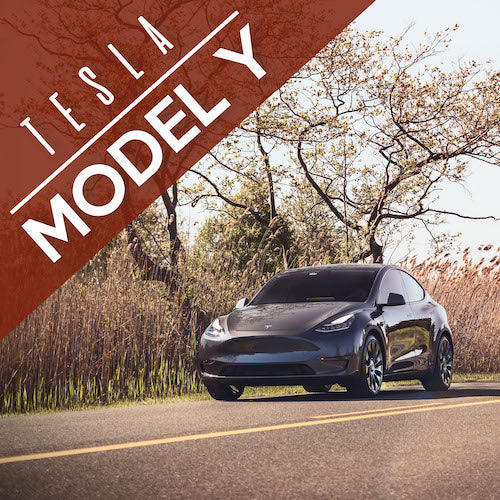Hybrid and electric vehicles have been on the market for several decades, steadily rising in popularity. In fact, sales statistics show that nearly 2.5 million hybrids were sold in just a six-year span (2012-2017) in the US alone. They’re designed to offer an alternative source of propulsion which saves consumers money over the long term without compromising safety or performance. These factors make them excellent choices not just for the environmentally conscious, but for almost any consumer looking to save money over the long term. You’ve probably seen them on your roads too, but have you ever seen a hydrogen vehicle? Well, what is a hydrogen vehicle exactly? Hydrogen is an alternative fuel source which uses—you guessed it—hydrogen for power. Cars powered by hydrogen are actually electric vehicles, but function in a manner distinct from battery-electric vehicles, or BEVs. Both employ electric motors for propulsion, but instead of using a battery like BEVs, hydrogen cars use hydrogen fuel cells which generate electricity from hydrogen while the car is running. Hydrogen is the most abundant element in the universe and vehicles powered by it produce no pollution from the tailpipe, but that doesn’t tell the full story. As with any technology, there are pros and cons, advantages and compromises. Let’s explore them and get a better idea of the future of these vehicles in our world.
ADVANTAGESHydrogen vehicles, like related BEVs and similar hybrids, are some of the most environmentally-friendly vehicles currently on the market. Hydrogen produces zero emissions with the exception of harmless water vapor, which is generated due to chemical processes in the motor. In short, these are true “green” vehicles, the current best choice for the long-term health of our planet. They’re simple in operation too. If you can find a refueling station (we’ll touch on that in a bit), not only will you be able to fully replenish your tank in about five minutes, you’ll have a very respectable driving range before having to fill up again. The refueling process is quite similar to that of conventional gasoline cars, and just as easy. After filling up, you’ll be able to travel nearly 300 miles on a single tank. This handily beats the range of many electric cars and is about on par with gasoline cars.DISADVANTAGESUnfortunately, some big issues currently loom over hydrogen vehicle technology which may turn off potential buyers and stall efforts to make their usage more widespread. The first and arguably most prohibitive factor is the starting price of hydrogen vehicles, which is often significantly more than their BEV and hybrid cousins. Take the 2019 Toyota Mirai for example. It’s a mid-size sedan which starts at a whopping price of US$58,500, almost $35,000 more than a mid-size Toyota Camry (which starts at $24,095). Similarly, the Honda Clarity Fuel Cell mid-size sedan has an MSRP of $58,490, and Honda won’t let you buy the car outright; only leases are currently available. This is in contrast to the mid-size Honda Accord, which starts at just $23,720. High initial price isn’t the only expense, however. Hydrogen fuel prices range from $12.85 to more than $16 per gallon, although the most common price is about $14 a gallon. This is equivalent on a price per energy basis to $5.60 per gallon of gasoline, meaning hydrogen is significantly more expensive. In contrast, gas prices in the US range from $2.63 to $4.04 a gallon as of mid-May 2019. Additionally, there is a severe shortage of hydrogen fuel stations. In the US, just 39 exist, with all but four located in California. The US Department of Energy provides an online tool showing all existing stations and the closest one in your area. While 48 new fuel stations have opened worldwide in the past year, they are still extremely sparse as compared to gasoline stations. If you’re considering a hydrogen vehicle as your next purchase, take into account which stations—if any—are in your area.THE FUTURE?While the future of hydrogen automobiles certainly is promising, widespread adaptation won’t be easy, facing challenges like sparse refueling infrastructure, high costs, and consumer pushback. A hydrogen car may still be right for you, and is certainly worth exploring as an alternative to battery-electric vehicles. So will hydrogen vehicles stick around, or be relegated to the history books as a progressive, but ultimately failed enterprise? The technology is still advancing so there is yet to be a definitive answer; only time will tell. |





